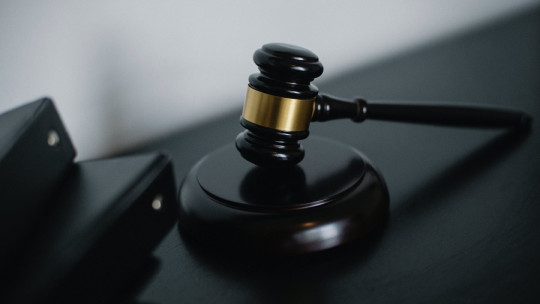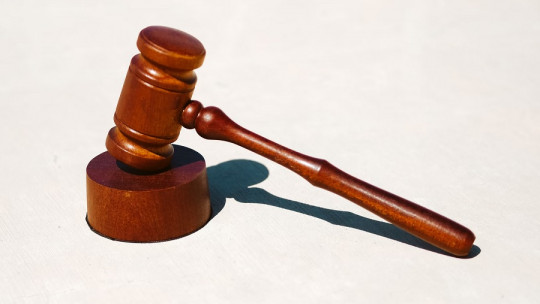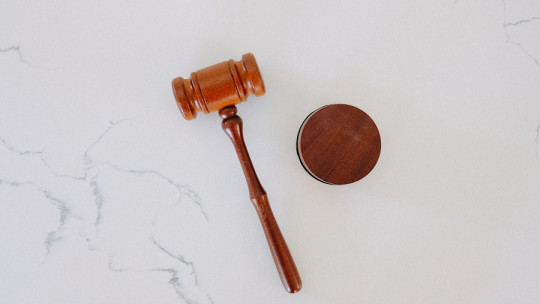
The need for collaboration between Law and Psychology for the proper functioning of the judiciary is becoming increasingly evident. Psychology and Law have in common their object of intervention, which is none other than the behavior of the person. In fact, Psychology is an “ally” of Law because when faced with questions from Justice, Psychology cooperates in the forum (court or tribunal), and improves the exercise of Law.
One of the roles of a forensic psychologist is to issue expert reports, that is, being a forensic expert. The forensic expert is responsible for carrying out a psychological evaluation directly associated with the judicial case in charge based on his or her specific experience and knowledge.
In this sense, a forensic psychologist expert may not issue personal opinions without a scientific basis, must not issue professional opinions (e.g., presence of psychopathology) without having been appropriately evaluated, must not use inappropriate evaluation methods, must be impartial. and is obliged to use verified information. Furthermore, the report issued by the forensic expert must be replicable.
Definition of forensic expertise
Purely, forensic expertise is the action derived from a technical examination by a specialist or several specialists that serves as evidence for a Judge or Court. The objective of forensic expert reports is to help and facilitate the work of judges and courts. That is, it is make the technical knowledge of an expert available to the court in the form of a report and oral testimony (ratification of the expert report).
It must be emphasized that forensic expert reports are not binding on the court, but they are often a very useful tool for judges to clarify some doubts that may arise about the case they are judging. To give an example in Psychology, psychological forensic expert reports stand out in the area of witness credibility analysis as well as expert reports carried out on victims of child sexual abuse.
In Spain, the law that regulates the issuance of forensic expert reports in its entirety is the Criminal Procedure Law.
Who can request this service?
In Spain, there are normally two ways in which a psychologist can be contacted to carry out an expert opinion:
Issues
There are several reasons why a forensic expert report may be needed by a psychologist. In general terms, There are two large areas in judicial matters that delimit the topics that are likely to require these expert reports: expert reports in civil, family and labor areas, and, finally, expert reports in criminal matters.
Civil, family and work sphere
Criminal area
What jobs do forensic psychologists usually perform?
Some of the questions most frequently asked of forensic psychologists in the criminal field are:
- Why did that person commit that crime? (motivation).
- What are the consequences that the victim presents?
- Does the person suffer from a mental disorder? (the person’s imputability is evaluated).
- What personality characteristics define the accused?
- What is the probability that the accused will reoffend?
- What degree of credibility does the minor’s testimony have in relation to the alleged abuses?
Stages of psychological forensic expertise
Roughly speaking, five major stages can be defined for the preparation of a forensic expert opinion in Psychology. Depending on the complexity of the matter and the number of people to be evaluated, the process will be more or less long, as will the fees.
1. Initial contact
The demand is received and an attempt is made to clarify its essential points. At this point the forensic psychologist decides whether to accept or reject the case.
2. Documentation about the case
Exploration of sources of information, reading and study of the judicial file documents, cars, etc.
3. Psychological evaluation
The people involved in the subject of the expertise are evaluated. In the report, this section is very important, since it must clearly state the methodology used by the expert, the interviews carried out, the techniques used and the date and place of each evaluation session.
4. Written report
Expository clarity, the structure of the report and the give clear and concise answers to questions asked by the judge or client At the end of the report, the conclusions and recommendations made by the expert based on what was evaluated must appear.
5. Testimony in the room
This is the ratification of the report in oral proceedings. Interrogation of the forensic expert by lawyers is common, and even “confrontation” (interrogation together with another psychology professional who normally maintains a different position than ours) can occur.
One of the points that generates the most controversy in psychological expert reports are psychiatric diagnoses. We must emphasize that personality descriptions, diagnoses, behavioral predictions… must always be limited to the situation in which the data have been obtained, and You should be especially cautious when making statements based on personal opinions (since they can easily lead to complaints against the Psychology professional).
Can any psychologist be a forensic expert?
Unlike the practice of Clinical Psychology (in which to practice in the National Health System the PIR is required and to practice in private practice the Official Master’s Degree in General Health Psychology is required), In Spain there is, at the moment, no current regulation on the practice of Forensic Psychology This means that any graduate or graduate in Psychology can issue a psychological expert opinion before a Judge, a Court or a Popular Jury.
In fact, in most Psychology Colleges there is a list of experts drawn up by the colleges themselves, which is usually opened twice a year. In some schools, such as the College of Psychologists of Catalonia, There is the possibility of accrediting the specialization in Forensic Psychology, after having met a series of requirements. For some years now, great outstanding professionals in the field, such as María José Catalán, have been demanding a state regulation framework.
We must highlight that surely few specialties of Psychology require as much preparation and varied knowledge as the field of Forensic Psychology, and it is strongly recommended, in order to avoid possible complaints, the formal preparation of future forensic experts.








